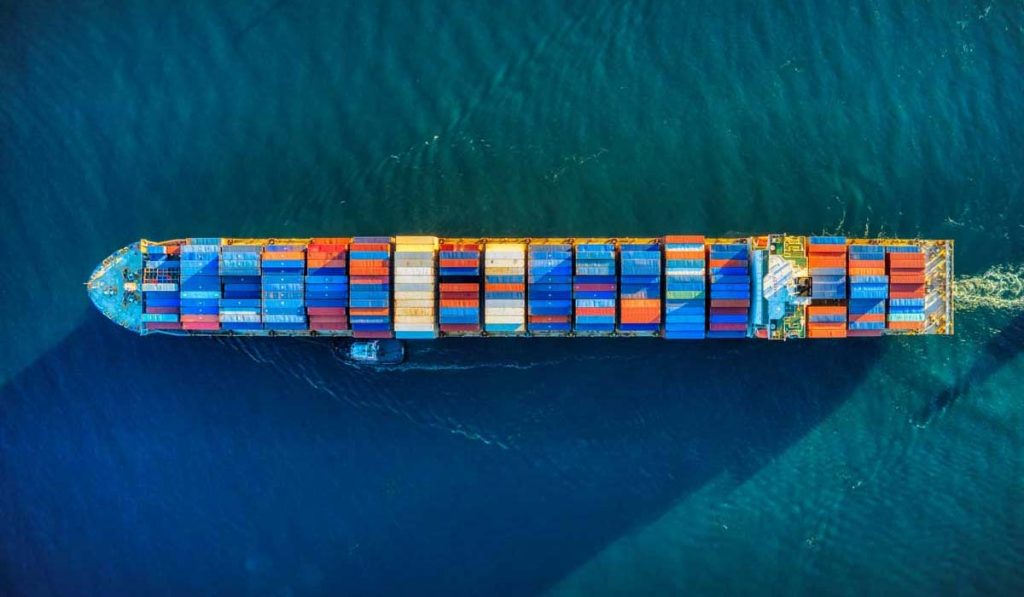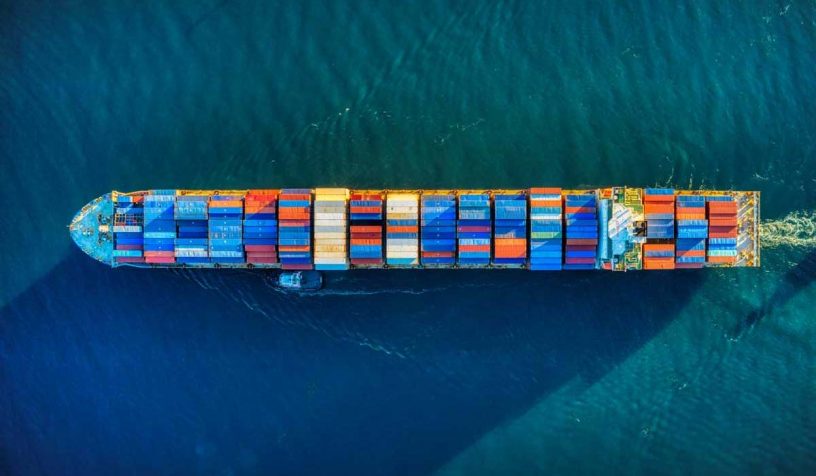
Stakeholder participation, otherwise known as public participation, is an indispensable factor for the successful implementation and protection of comprehensive maritime governance, say the authros.
Authors
Harsh Mahaseth, Lecturer at Jindal Global Law School, and a Senior Research Analyst at the Nehginpao Kipgen Center for Southeast Asian Studies, Jindal School of International Affairs, O.P. Jindal Global University, India.
Apekshya Pandey, student at National Law College, Nepal.
Summary
The marine resources of the People’s Republic of China are of a wide variety. It has a crucial role in the national economy as it supports marine transportation and communication, coastal tourism, fisheries and sources of natural gas, offshore oil and sea salt.
China has been aspiring to become the maritime power but the degrading maritime environment has become a shortcoming to this national objective. The South China Sea, one of the most resource-rich marine areas has been facing sea-level rise as a result of climate change.
Construction of ports, military installations, and airstrips has caused dredging of the islands. In the case of Philippines v. China, The Permanent Court of Arbitration pointed out that 27 percent of the shallow reef area of the seven reefs in the South China Sea have been permanently lost and China failed to protect the marine environment of the South China Sea.
On the other hand, in many parts of the Pacific Ocean constituting the Chinese fishing fleet, overfishing has implied a threat to the rare flora and fauna. Such damage to the marine environment transcends territorial waters and entails the violation of principles of the UNCLOS and the CBD to which China is a signatory.
China is an active participant in formulating international treaties concerning shipping safety and security, and prevention of vessel-induced pollution under the framework of the International Maritime Organization. Further on maritime environment legislation, the State Council of the PRC has promulgated several regulations.
Published in: Modern Diplomacy
To read the full article, please click here.


